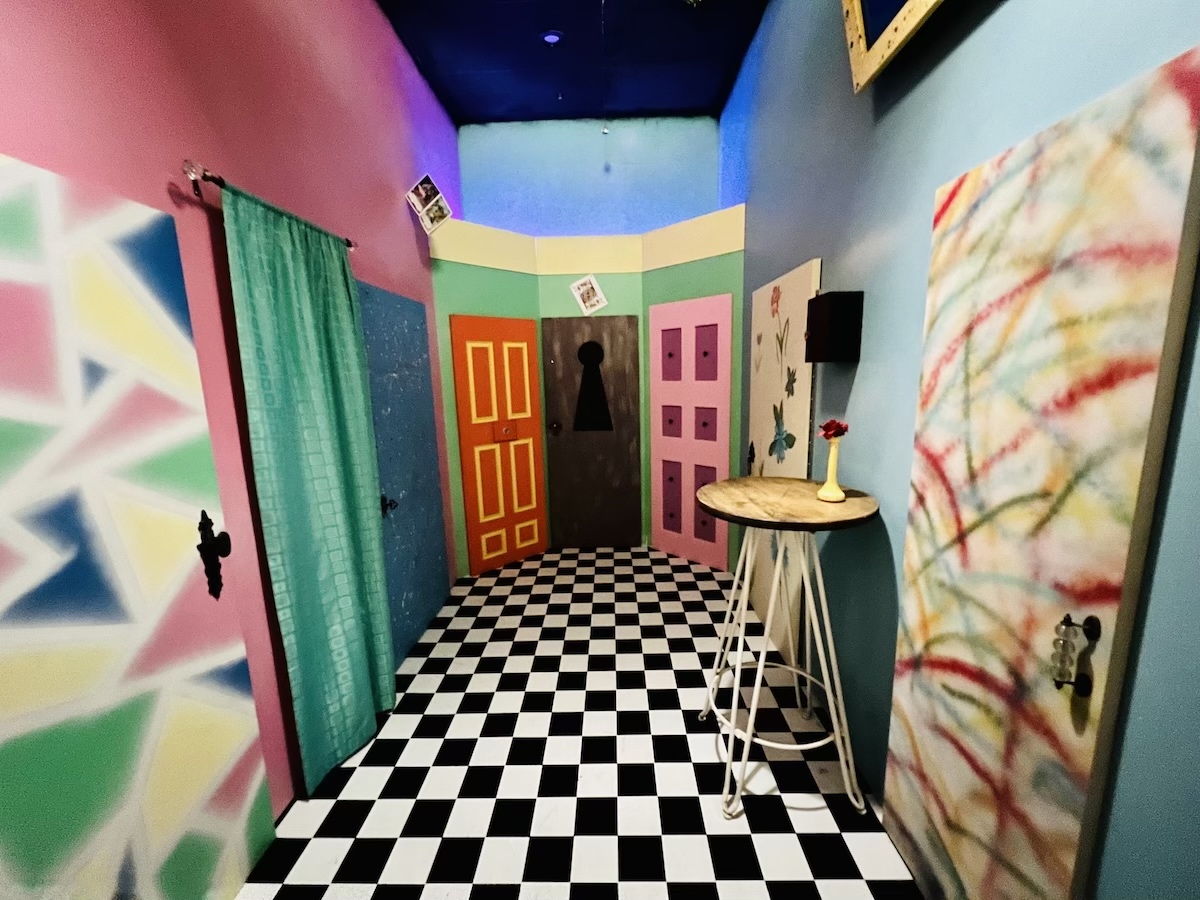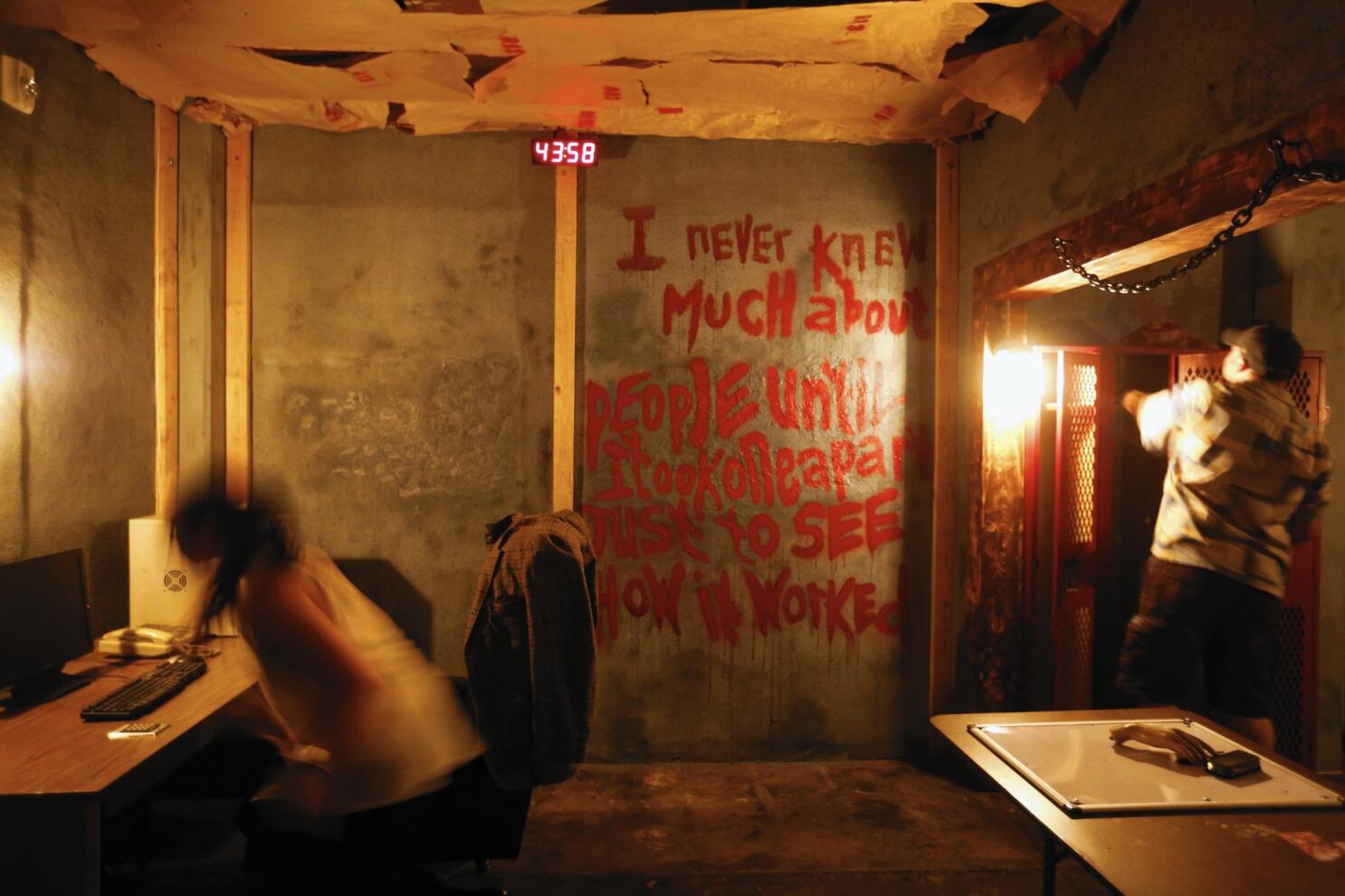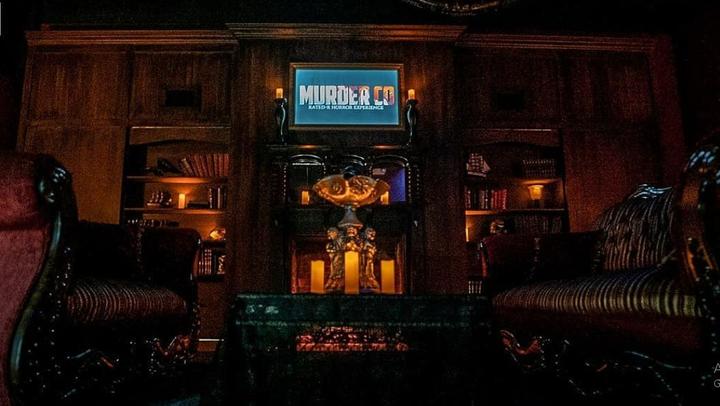Explore the Best Escape Room in Minneapolis-- Reserve Your Experience
Explore the Best Escape Room in Minneapolis-- Reserve Your Experience
Blog Article
Team Approaches: Just How to Collaborate Successfully in a Getaway Area
Teams have to actively listen to each member's insights, assign duties that line up with private strengths, and maintain normal check-ins to ensure focus and prevent redundancy. By cultivating an atmosphere that values cohesion and flexibility, groups can substantially heighten their efficiency and success rates.
Establish Clear Communication

To assist in clear interaction, it is necessary to mark a central factor of contact for info dissemination. This role entails summarizing findings and suggested methods to make certain every person remains on the very same web page. Additionally, embracing a methodical strategy to conversations can stop disorderly exchanges. Short, focused updates from each group member can keep the team informed without overwhelming them with information - best escape room.

Designate Functions Tactically
While clear interaction establishes the structure for effective synergy, appointing functions strategically ensures that each employee's staminas are made use of properly. In a retreat space circumstance, the time-sensitive and intricate nature of difficulties necessitates an efficient strategy to job delegation. By determining and leveraging individual competencies, groups can maximize their analytical capabilities and improve overall efficiency.
Someone with a keen eye for information might excel in discovering surprise things, while a logical thinker could be better fit to solving problems. This function often calls for solid organizational and social abilities.
Second, guarantee that duties are adaptable and adaptable. As new difficulties arise, the team needs to have the ability to pivot, reallocating jobs as needed. This flexibility assists maintain momentum and avoids bottlenecks that could occur as a result of inflexible function jobs.
Eventually, a strategic approach to function task not just maximizes the toughness of each staff member yet likewise cultivates a natural environment, driving the team towards a successful escape.
Utilize Diverse Skills
Acknowledging and using the varied abilities within your team can substantially elevate your efficiency in a getaway room. Each staff member brings distinct strengths to the table, and successfully leveraging these capabilities can accelerate analytic and boost total effectiveness. For instance, a staff member with solid analytical skills may stand out at understanding intricate codes or patterns, while one more with keen empirical capacities might rapidly spot covert hints that could overlook.
Motivate group participants to articulate their understandings and ideas immediately, making certain that all prospective services are thought about. Furthermore, assigning tasks that line up with each member's Full Article strengths can avoid bottlenecks and ensure that progress is continuous.
Moreover, variety in abilities usually converts to variety in believing styles, which is important in an escape room setup. While some obstacles may require logical thinking and precision, others might gain from creative and side thinking. By identifying and leveraging this variety, teams can address a more comprehensive array of difficulties better, therefore boosting their possibilities of a successful retreat.
Manage Time Efficiently

First, allot first mins for a fast survey of the space. Determine visible puzzles and divide jobs based upon employee' staminas, making sure that nobody is idle. Set internal time checkpoints to review progression regularly; for instance, aim to have half the puzzles addressed by the mid-point of the video game. This method can help keep the group concentrated and avoid time from escaping undetected.
Furthermore, avoid one-track mind. If a challenge is taking too long, revolve staff member or move on to another obstacle, returning later with fresh viewpoints. Interaction is critical-- maintain everybody upgraded on fixed puzzles and continuing to be tasks to stay clear of redundant initiatives.
Lastly, make use of any type of tips or hints moderately however purposefully - best escape room. Understanding when to ask for assistance can conserve useful time. By sticking to these time administration principles, teams can dramatically enhance their opportunities of a successful and delightful escape space experience
Debrief and Reflect
Reflection is an essential element of group development and renovation in the context of escape spaces. As soon as the challenge is completed, whether efficiently or not, it is important for the group to engage in a structured debriefing session. This procedure allows employee to assess their performance, determine staminas, and determine areas for enhancement.
Start the debrief by reviewing what worked out. he said Highlight particular instances of reliable interaction, problem-solving, and partnership. Acknowledging these favorable actions reinforces them and encourages their repeating in future obstacles.
Review why not find out more minutes of complication, miscommunication, or inadequate approaches. Urge an open and constructive dialogue where team members can share their perspectives without worry of criticism.
Final Thought
To conclude, effective cooperation in a retreat area is based upon clear communication, strategic function tasks, the efficient use of varied abilities, and competent time management. Regular check-ins and structured debriefings are crucial for maintaining focus and promoting constant renovation. By producing a cohesive and flexible group setting, the likelihood of successfully resolving challenges and attaining the purpose of running away the area is substantially improved. This technique not only makes sure success yet additionally advertises collective development and discovering.
Report this page